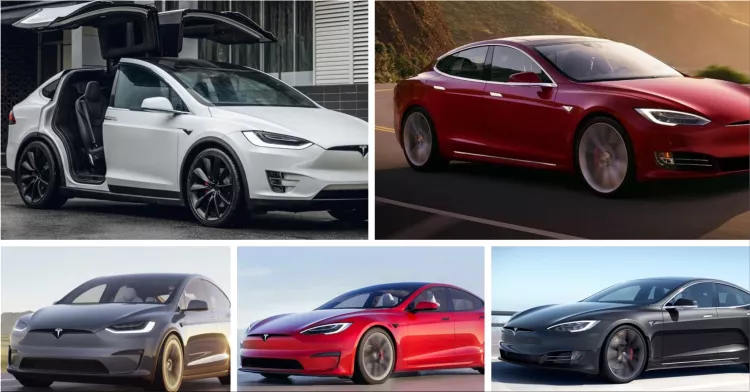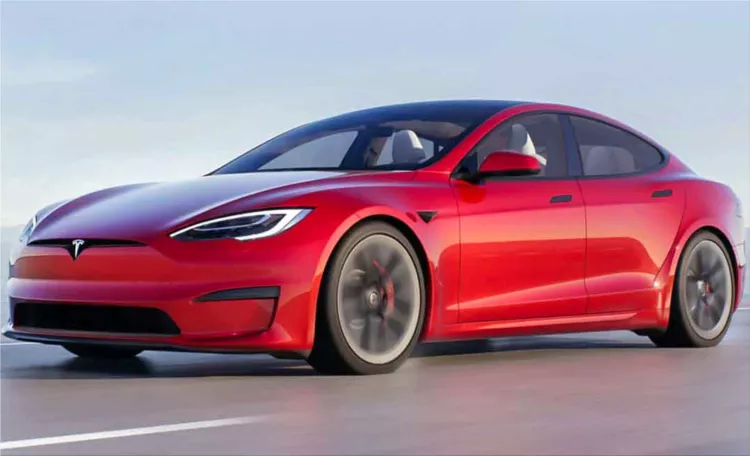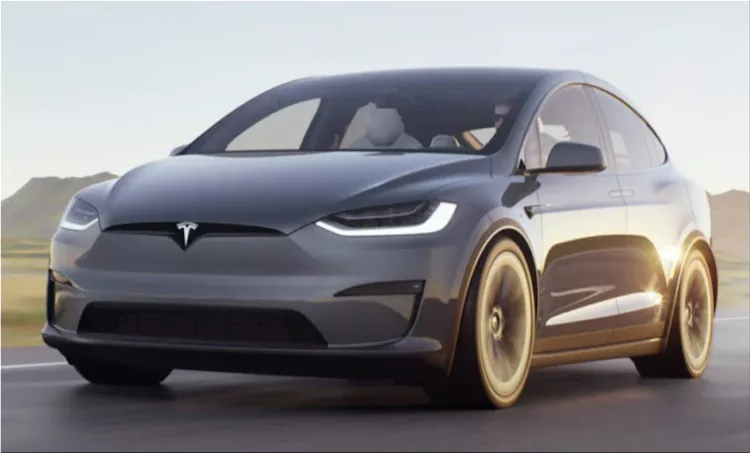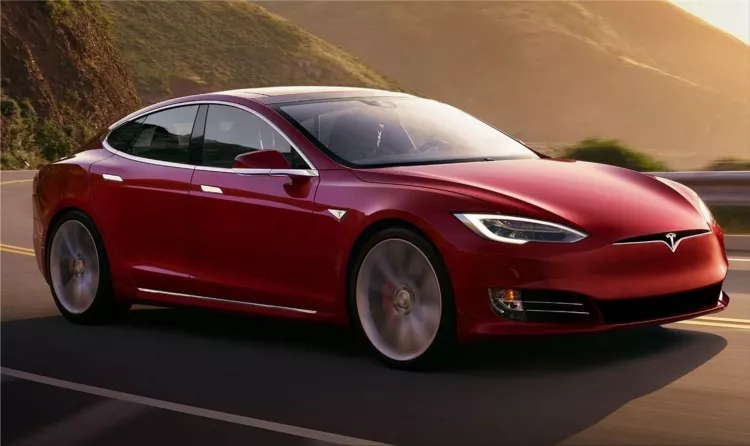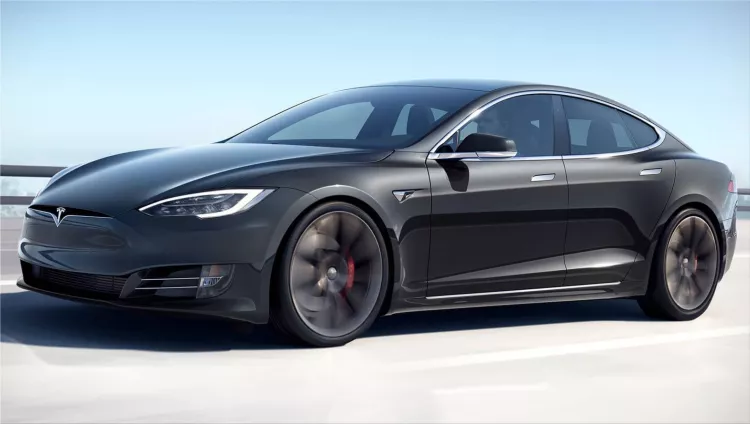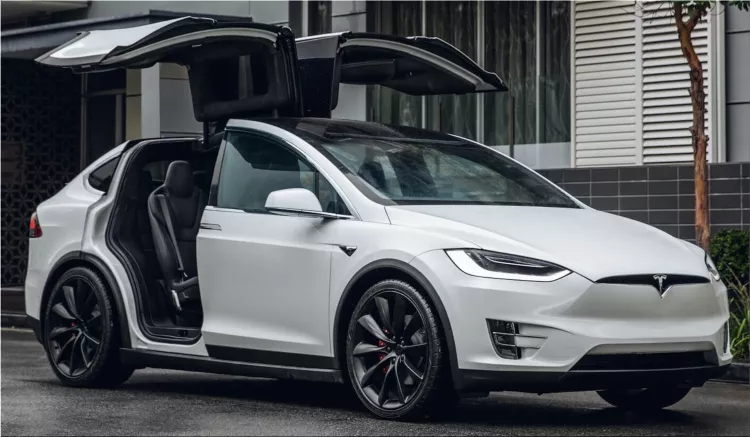Tesla is known for its innovative approach to car design, especially when it comes to the user interface. The company's Model S and Model X vehicles feature a large 17-inch touchscreen that controls almost everything in the car, from navigation and entertainment to climate and safety features. But this futuristic vision of a car without buttons or knobs has a downside: what happens when the touchscreen fails?
That's the question that Tesla has to answer after the National Highway Traffic Safety Administration (NHTSA) ordered the company to recall more than a million Tesla Model S and Tesla Model X vehicles over a defect that could cause their touchscreens to lose their memory due to wear and tear. According to NHTSA, this could affect functions such as the rear-view camera, the turn signals, the windshield defrosting and defogging, and the Autopilot system.
Tesla has agreed to recall the affected vehicles, which were built before March 2018 and have an 8GB embedded MultiMediaCard (eMMC) in the media control unit (MCU). The company said that it would update the software and replace the eMMC with a 64GB one. However, Tesla also said it did not believe there was a safety issue and was "unaware of any accidents or injuries resulting from this condition."
Tesla's response may seem dismissive, but it also reflects a fundamental difference between Tesla and other automakers. Tesla sees its cars as software platforms that can be updated and improved over time rather than as hardware products that are fixed and static. Tesla has been using over-the-air updates to add new features, fix bugs, and enhance performance for years, while other automakers need to be faster to adopt this technology.
Tesla's software-centric approach has many advantages, such as allowing customers to customize their cars, enabling faster innovation, and reducing maintenance costs. But it also comes with risks, such as cybersecurity threats, software glitches, and hardware obsolescence. Tesla's touchscreen recall is a reminder that software can't solve everything and that hardware still matters.
The recall also raises questions about the future of car design and regulation. As cars become more connected and autonomous, they will rely more on software and sensors than on mechanical components. This will create new challenges for safety, reliability, and compatibility. How will regulators ensure that software updates are safe and effective? How will automakers ensure that hardware can keep up with software? How will consumers cope with the complexity and variability of software-driven cars?
Tesla is one of many companies facing these issues. Other automakers also experiment with touchscreens, voice assistants, gesture controls, and augmented reality displays. Some are even developing cars without steering wheels or pedals. These technologies can make driving more convenient, comfortable, and fun. But they also have the potential to make driving more confusing, distracting, and dangerous.
Tesla's touchscreen recall is a big deal for the future of cars because it shows that software is not an elixir for car design. It also shows that hardware still matters. And it shows that car design is not just about aesthetics or functionality; it's also about safety and responsibility. Tesla may be ahead of the curve when it comes to software innovation, but it still has to follow the rules when it comes to hardware regulation. And so will every other carmaker that wants to join the software revolution.
Tesla intends to update its model range in the coming period with an improvement for Model S, according to sources inside the company quoted by CNBC. Thus, the Tesla Model S will borrow many elements from Model 3, including the minimalist… Continue reading
The Tesla Roadster is promoted as the fastest production car in the world in terms of acceleration from 0-100 km / h. Now we have a video simulation, in which the Tesla Roadster accelerates from 0 to 400 km / h - the maximum speed… Continue reading
Since 2014, 167 copies of the Tesla Model S are taxis at the Amsterdam Schiphol airport in the Netherlands. Now the taxi company BIOS-groep, has decided to replace its entire Model S fleet with the Tesla Model X. The decision… Continue reading
Smart, the brand formerly known for its tiny city cars, is reinventing itself as an EV-only maker of stylish and spacious crossovers. After unveiling the Smart 1, a small SUV that will go on sale in Europe later this… Continue reading

